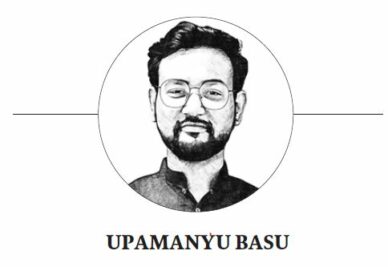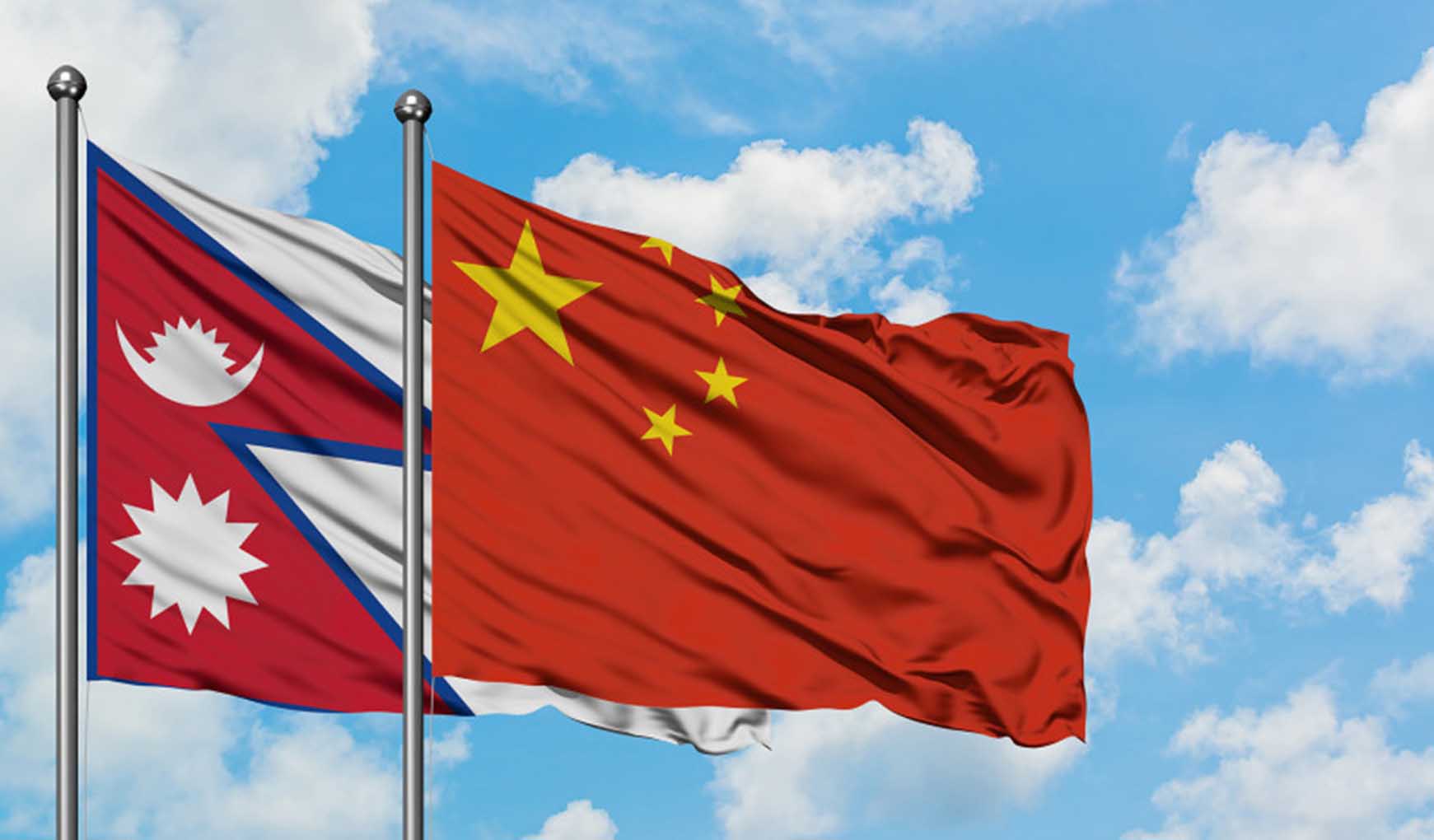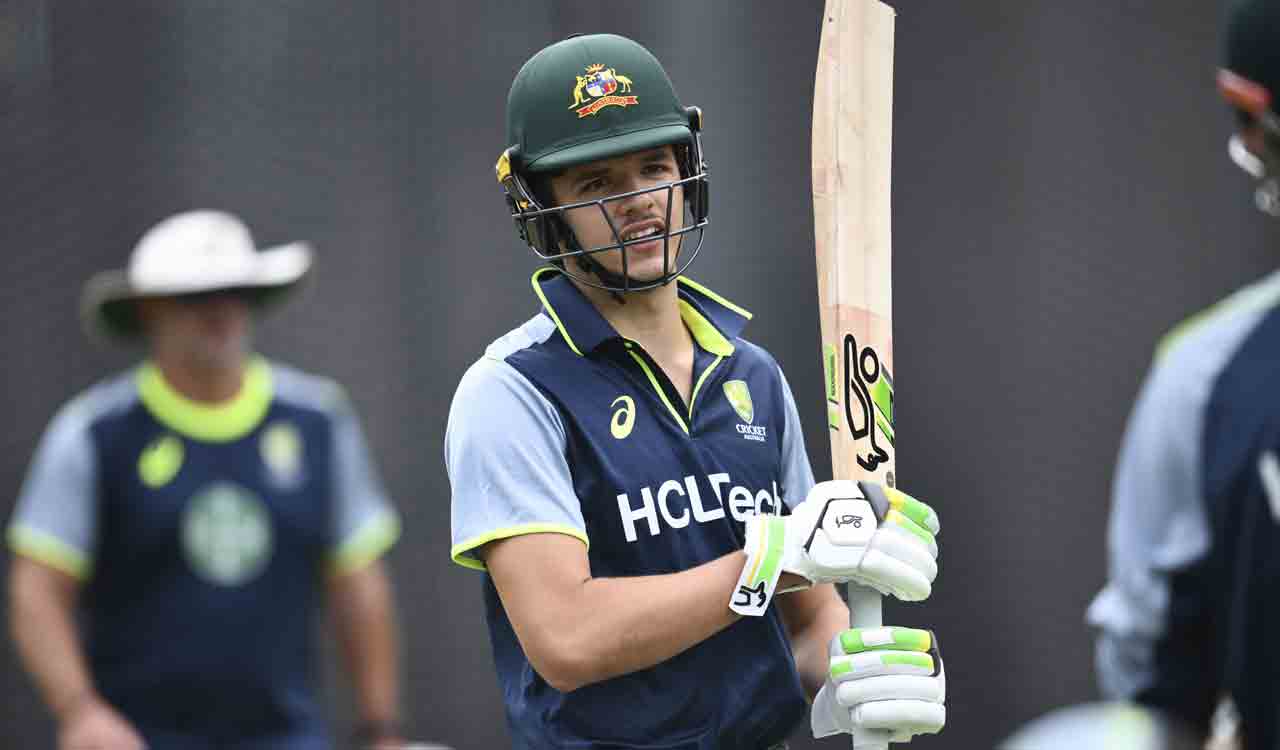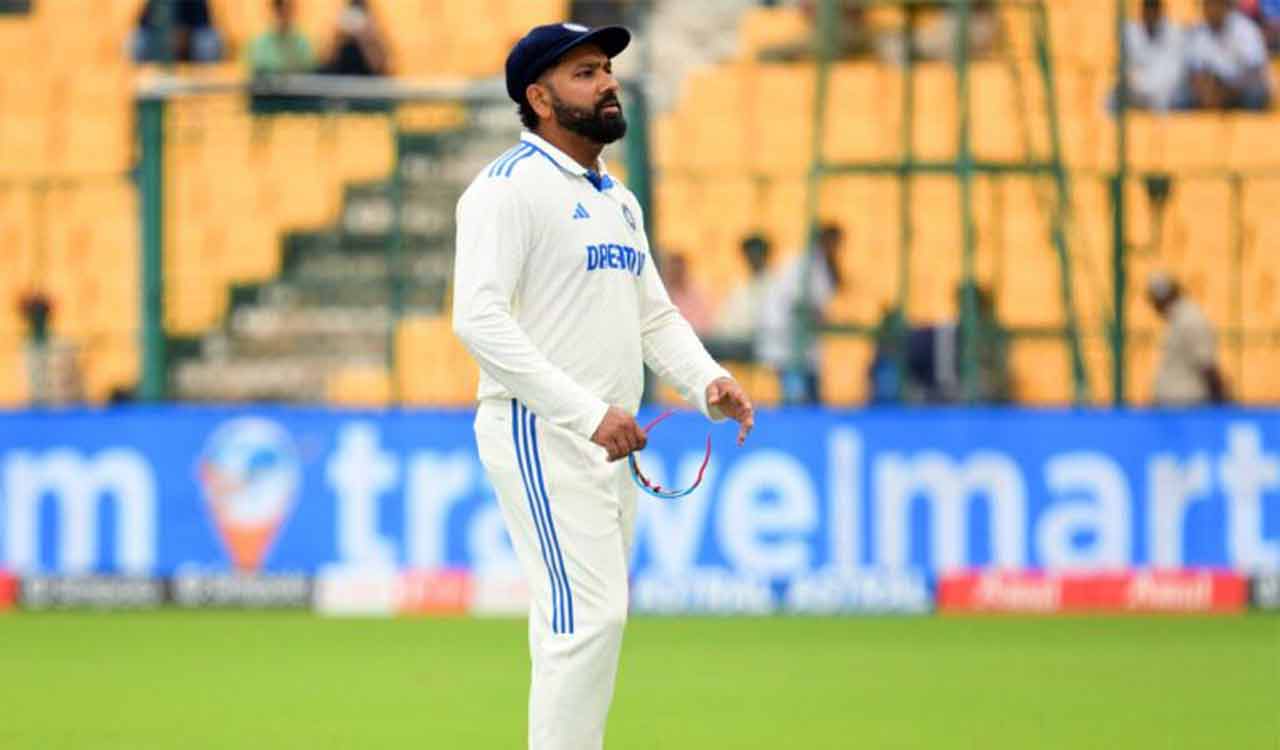Opinion: Testing time for strategic autonomy
While the neutral stance has shielded India from immediate geopolitical fallout, the future will require tougher choices

By Upamanyu Basu
Prime Minister Narendra Modi’s recent visit to Kyiv has brought attention to India’s balancing act, particularly in light of his earlier engagement with Russian President Vladimir Putin with a “bear hug” diplomatic exchange. In a surprising turn of events, Putin has suggested that he is open to mediation efforts in the ongoing war between Russia and Ukraine and that India, along with China and Brazil, could be a potential mediator. His remarks came before the BRICS summit scheduled to be held this month in Kazan and have stirred a round of diplomatic deliberations regarding India’s potential as a mediator of peace in Eurasia.
Multi-aligned Approach
How strategic is India’s idea of strategic autonomy? India’s foreign policy has been largely anchored on this concept, allowing New Delhi to engage with multiple power centres of the world, and yet maintain a level of independence in its approach. Rooted in this policy, India in recent years has been facing a lot of heat, with the rise of China as a regional competitor and the strategic convergence between Russia and China. This has significantly propelled India to adopt its multi-aligned approach in an attempt to support its strategic autonomy.
India’s policy towards the Ukraine war is an apt case study to understand the country’s tough call in negotiating this level of autonomy and experiment on whether it can be strategic enough or not. New Delhi’s position in this regard has been a mix of two verticals. First to avoid an explicit criticism of Russia, its traditional defence partner, and second, to project a subtle disapproval of the war. Since the Russian invasion of Ukraine in February 2022, India has faced a multitude of scrutiny for its alleged reluctance in criticising Russia. India’s reluctance to directly condemn a country like Russia stems not just from historical reasons but purely strategic ones too.
Since the signing of the 1971 Treaty of Peace, Friendship and Cooperation with the Soviet Union, India has been heavily dependent on Russian defence exports. Over 70% of India’s defence equipment is of Russian origin, making Moscow quite safely an indispensable partner to India’s national security imagination, particularly with volatile border issues with China and Pakistan.
Reliance on Russia
However, this reliance on the Russian defence economy is being reconsidered. Russia’s poor performance in Ukraine and the larger effects of the Western sanctions have made it considerably harder for Moscow to fulfil its commitment to India. For instance, the delivery of the S-400 air defence systems has been repeatedly delayed. In addition to this, India has been accelerating its efforts to find a diversified solution to its defence needs with newer partnerships like those of France and Israel. However, this does not necessarily mean that this level of diversification will allow New Delhi to abandon Moscow. While India’s purchase of discounted Russian crude oil helps it in navigating the rising global energy prices, the equation with Russia is also a variable of the Russia-China strategic relationship.
India hopes to keep hedging against the possibility that Russia’s reliance on China could be moderated by maintaining ties with India. At the same time, India is seen in partnerships like QUAD, which is again a counterbalancing act to China’s growing assertiveness in the Indo-Pacific region and aligns with New Delhi’s security interests.
Ukraine Policy
India’s Ukraine policy, in a similar light, seems like another case of diplomatic hedging, where the country’s neutrality is a function of minimising risks in a great power competition. India has worked within this neutral stance and emerged as a potential mediator between Russia and Ukraine reflecting that neutrality can be a faster way to peace, as compared to polarity. Refusing to publicly condemn Russia had two triggers for New Delhi: Losing a defence partner or solidification of a Sino-Russia alliance. While some critics view India’s neutrality as a compromising position, this can be looked at as a pragmatic balancing act as well.
National Security Adviser Ajit Doval’s recent visit to Moscow, days after Putin’s interest in talking peace, indicates India’s own aspirations of considering the role of a potential mediator in the conflict. The neutrality, in this context, cannot be taken as a failure but as a strategic posturing which still makes it an ideal country to facilitate dialogue.
However, this strategy is not devoid of risks. A weakening Russia or a Sino-Russia intimacy could severely undermine India’s strategic calculations. As Russia becomes more dependent on China, India may soon lose its leverage over Moscow, making New Delhi more vulnerable to the West. While the United States has tolerated India’s stance due to its critical role in the Indo-Pacific, prolonged neutrality on Ukraine may eventually be counterproductive and test Washington’s patience. India’s evolving defence diversification efforts reflect that these threats have already been recognised in New Delhi, and have signalled a gradual shift away from the overreliance on Russia, but this transition needs time.
Political Will
As the conflict continues and global pressure increases, India’s strategic autonomy is bound to get tested. Will this strategic position end with a peacemaker declaration or it force India into a more defined geopolitical alignment? India’s position as a potential mediator in this conflict will first require political will and sustained global credibility, both of which can be compromised with tacit support to either side. The long-term impact of Western sanctions on Russia can thus increasingly diminish the latter’s role as a reliable partner for India, pushing it closer to Beijing’s backyard.
While the earlier neutral stance has shielded India from immediate geopolitical fallout, the future will require tougher choices. As Russia gets more entangled with China, global polarisation will ask India to redefine the strategic aspect of its strategic autonomy. What New Delhi can do is leverage its growing influence right now, and emerge as a proactive player capable of producing a peace plan. Ultimately, India’s larger ability to navigate this Eurasian conflict will depend on its adaptability to the emerging multipolar order without compromising its core interests.

(The author is Assistant Professor, Department of Social and Political Studies, School of Behavioral and Social Sciences, Manav Rachna International Institute of Research and Studies, Faridabad)
Related News
-
Cartoon Today on December 25, 2024
3 hours ago -
Sandhya Theatre stampede case: Allu Arjun questioned for 3 hours by Chikkadpallly police
3 hours ago -
Telangana: TRSMA pitches for 15% school fee hike and Right to Fee Collection Act
4 hours ago -
Former Home Secretary Ajay Kumar Bhalla appointed Manipur Governor, Kerala Governor shifted to Bihar
4 hours ago -
Hyderabad: Organs of 74-year-old man donated as part of Jeevandan
4 hours ago -
Editorial: Modi’s Kuwait outreach
4 hours ago -
Telangana HC suspends orders against KCR and Harish Rao
5 hours ago -
Kohli and Smith will be dangerous and hungry: Shastri
5 hours ago




